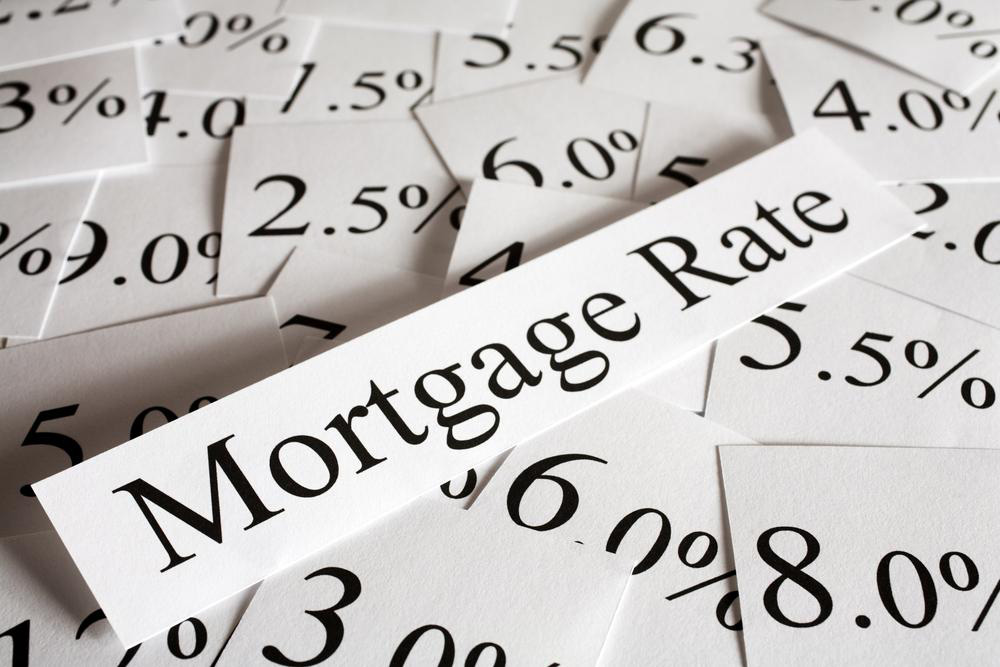How does economic activity affect the mortgage rates
You might wonder what goes behind the forever’ fluctuating mortgage rates. The answer would be inflation rates of the country and the financial policies set by the treasuries and the Federal Reserve. How? These factors along with few other fiscal factors, directly decide how much investors are willing to pay in order to invest in the mortgage backed securities, popularly known as MBS.
Here are a few crucial factors that come into play while determining the mortgage rates.

Inflation
The most easiest way to explain inflation would be increase in prices over time that significantly diminishes the purchasing power at the macro level of the economy. Literally inflation erodes the profit, which in turn makes the mortgage lenders to react by increasing mortgage lending rates. Why would they do it? To preserve the purchasing power of their returns.
Growth in the economy
When there is a growth in the consumer’s income, his/her purchasing power increases. Naturally this means that the consumer will incorporate his/her financial reserves in profitable investments. It is quite evident that when the money available at one’s disposal goes up, the economic stability gets strengthened. When the economy is stabilized, it drives consumers to become homeowners, thereby scouting for best mortgage lenders. This increased demand for mortgages generates upward scale on rates in reaction to the limited supply of loanable funds.
Fiscal policies
The nation’s central banking authority is one of the key influencers of the economy. Although, the Federal Reserve does not directly decide the rate of interest in the open market, it does influence the rates indirectly. They achieve this by adjusting the supply of money in the economy. For instance, by increasing the money supply, interest rate decreases and when the money supply in the economy is brought down, the interest rate increases. Hence, it is apparent that a home buyer should time their purchase.
Don’t miss the trends
Yet another great way to anticipate which way mortgage rates are headed is to look at the 10-year bond yield. Such information is readily available on financal websites or even in daily newspapers. Stock tickers also aid in understanding the trend. If the yield is going higher, mortgage rates increases and if it goes down, so will the mortgage rates.
To summarize, mortgage rates are also determined by several other economical, fiscal and governmental factors. Therefore, one should be vigilant enough to ace the research, so that they could make the right choices.



